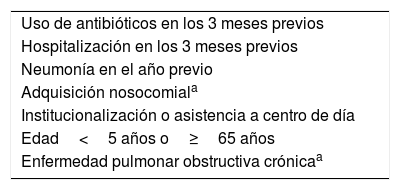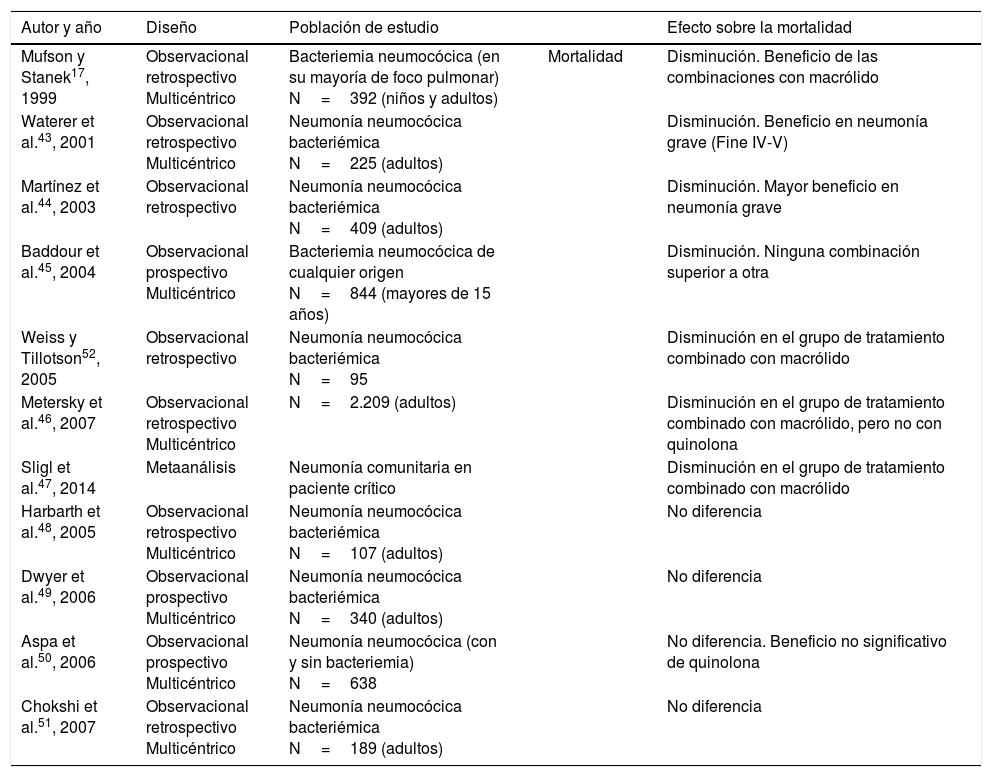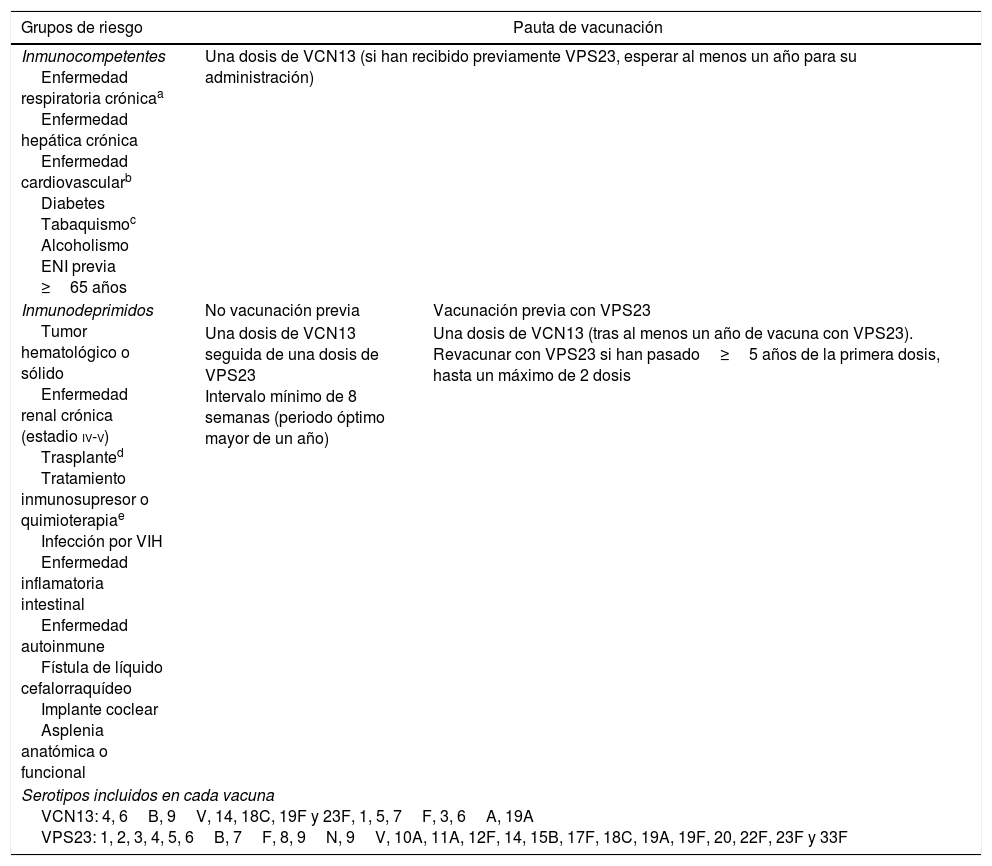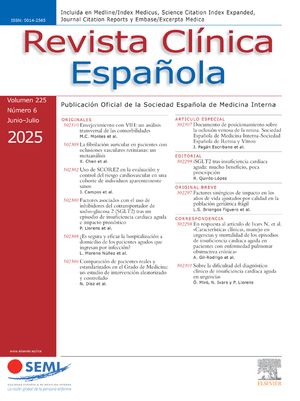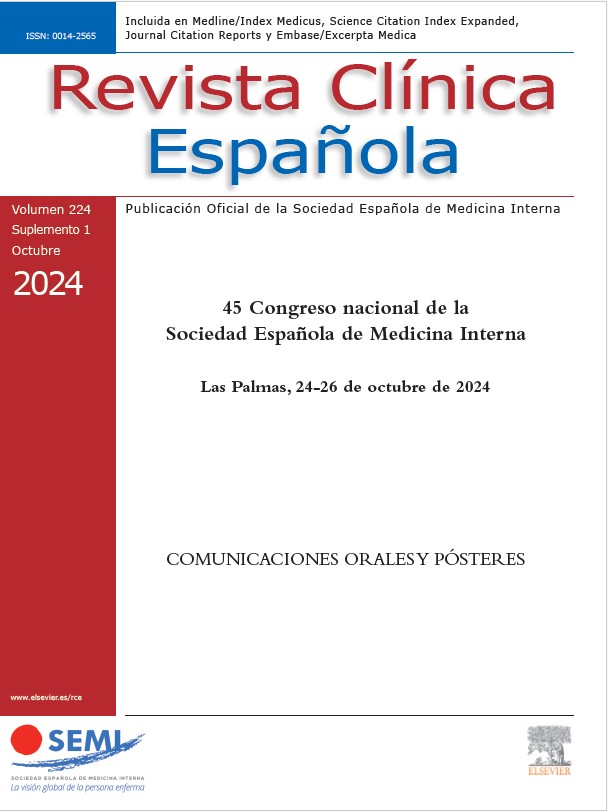La enfermedad neumocócica invasiva es una infección grave que afecta principalmente a pacientes con comorbilidad asociada. El beneficio de la vacuna conjugada infantil ha condicionado un cambio de la estrategia de vacunación en el adulto. La resistencia a antibióticos no supone un problema grave en la actualidad, a pesar de lo cual la Organización Mundial de la Salud ha incluido al neumococo entre las bacterias cuyo tratamiento requiere la introducción de nuevos fármacos, como ceftarolina y ceftobiprol. Aunque la evidencia científica es todavía limitada, se recomienda la asociación de betalactámicos y macrólidos como terapia empírica de la neumonía neumocócica bacteriémica.
Invasive pneumococcal disease is a severe infection that mainly affects patients with associated comorbidity. The paediatric conjugate vaccination has resulted in a change in the adult vaccination strategy. The antibiotic resistance of pneumococcus is not currently a severe problem. Nevertheless, the World Health Organisation has included pneumococcus among the bacteria whose treatment requires the introduction of new drugs, such as ceftaroline and ceftobiprole. Although the scientific evidence is still limited, the combination of beta-lactams and macrolides is recommended as empiric therapy for bacteraemic pneumococcal pneumonia.
Artículo
Diríjase desde aquí a la web de la >>>FESEMI<<< e inicie sesión mediante el formulario que se encuentra en la barra superior, pulsando sobre el candado.

Una vez autentificado, en la misma web de FESEMI, en el menú superior, elija la opción deseada.

>>>FESEMI<<<




